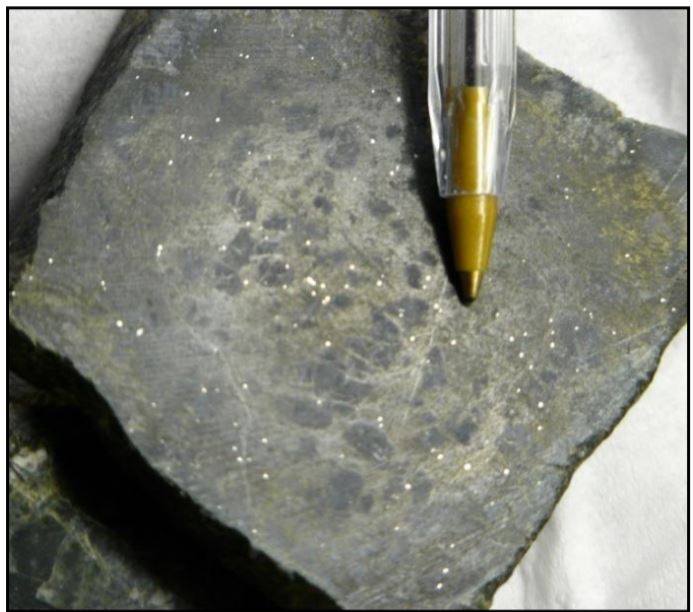FPX Nickel scoping nickel sulphate production options at Baptiste


FPX Nickel (TSXV: FPX; OTC: FPOCF) is in the process of completing an internal scoping study to further evaluate the option to produce nickel sulphate for the electric vehicle battery sector from nickel concentrates produced by its Baptiste deposit in central B.C. The study incorporates the positive results of previous leaching test work on the clean, high-grade Baptiste nickel concentrate (63% nickel), which confirmed the project's potential to be a significant supplier of high-purity feedstock for the EV battery market.
"We expect this scoping study to demonstrate that Baptiste could become a globally significant producer of low-cost, low-carbon nickel for electric vehicles for decades to come," commented Martin Turenne, FPX's president and CEO. "Baptiste's awaruite nickel mineralization has clear technical advantages over sulphide and laterite ores for producing nickel sulphate, owing to the extremely high nickel content and low levels of impurities in the nickel concentrate produced in previous metallurgical test programs."
The nickel mineralization at Baptiste is primarily present in awaruite (Ni3Fe), a nickel-iron alloy composed of 75% nickel and 25% iron. Nickel occurrence as awaruite ranges from 83 to 92% at Baptiste, with the balance occurring as nickel sulphide minerals, primarily pentlandite. Awaruite's high nickel tenor (75%) uniquely allows the production of an extremely high-grade flotation concentrate.
FPX will evaluate a simple three-stage process – beneficiation, pressure leaching and solvent extraction – to produce nickel sulphate from awaruite. "This three-stage processing route has the potential to be more efficient and entail lower cost and carbon emissions than the typically more complex processes required to convert sulphide and laterite ores into nickel sulphate," said Turenne.
Based on results of batch pressure leach tests conducted earlier this year, it is expected that the pregnant solution produced from leaching Baptiste's flotation concentrate will be an ideal feedstock for the production of nickel sulphate.
The low levels of impurities (notably iron) in the pregnant leach solution suggested that downstream refinement into sulphate products would require a relatively simple process with favourable operating parameters. Confirmation of these downstream processing steps is subject to future testing.
The scoping study will also evaluate options for producing nickel sulphate in either crystal form or solution form, including an assessment of the various technical, economic and strategic considerations of each alternative. This study is expected to be completed in the second quarter of 2022.
The Baptiste deposit is part of FPX's100%-owned Decar nickel district, which covers 245 sq. km in the Mount Sidney Williams ultramafic-ophiolite complex, and is located 90 km northwest of Fort St. James.
To date, awaruite mineralization has been identified in four target areas within the complex, with Baptiste being the most accessible and having the biggest known surface footprint. Based on its most recent resource estimate (2020), the Baptiste deposit has nearly 2 billion tonnes of indicated material, grading 0.12% nickel, for 2.43 million tonnes of contained metal.
Learn more about the Decar nickel district at www.FPXNickel.com.
Comments